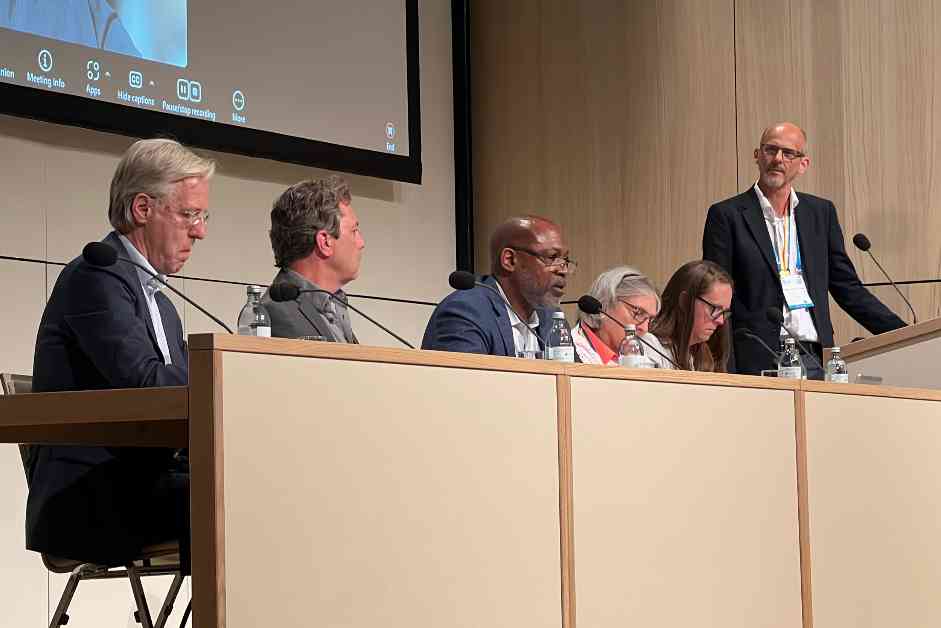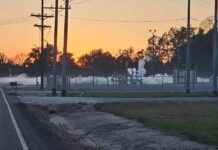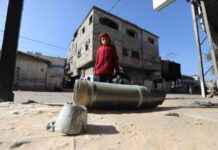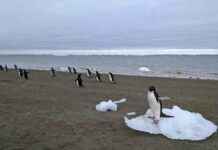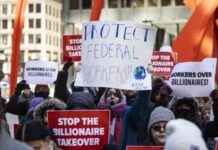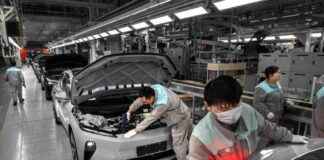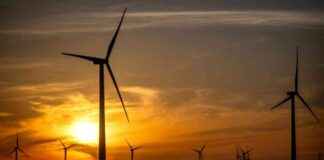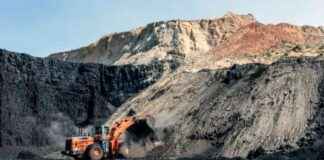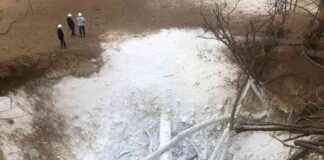Last Friday, the global science community made a big promise to support American researchers in the face of a massive wave of anti-science propaganda and misinformation that’s taking over the media and leading decision-making astray on issues like global warming, plastic pollution, agriculture, and pandemics.
During the European Geosciences Union (EGU25) annual conference in Vienna, the largest Earth science organizations in the U.S. and Europe expressed their concerns at a “Great Debate” event. The conference was attended by 18,000 scientists from over 130 countries, with the session added in response to recent political changes, including the U.S. election.
Opening the session, EGU president Peter van der Beek noted that typically, a late-breaking Great Debate would be in response to a natural disaster like an earthquake or tsunami. However, this time, it was organized due to the “suppression of science,” which he described as a global tragedy affecting everyone.
The suppression of science in any part of the world is concerning, but when a nation that was once a leader in research programs starts taking drastic actions, the impact is felt worldwide, van der Beek added.
Efforts to combat the cuts to science programs in the U.S. and support affected researchers are already in motion. This includes offering community solidarity, emotional support, and potentially financial aid. French President Emanuel Macron even announced a 500 million euro incentive package to attract American scientists to Europe, encouraging them to come and do research there.
At the bustling EGU conference in Austria, over 800 American scientists shared cutting-edge research on the impacts of human-caused warming on the planet. Topics ranged from melting ice to space pollution from U.S. rocket launches.
In the U.S., the American Geophysical Union is involved in a lawsuit challenging staffing cuts proposed by the Trump administration. They have also teamed up with the American Meteorological Society to publish an independent version of the national climate assessment after federal scientists were fired from the original report.
Academic institutions are joining forces to support continued U.S. participation in the Intergovernmental Panel on Climate Change, despite the administration pulling out of the Paris Agreement. This move has limited federal scientists from attending the organization’s meetings.
During a live Zoom session at the conference, geophysics professor Helen Amanda Fricker from the University of California San Diego highlighted the overwhelming stress faced by scientists in the U.S. She encouraged international colleagues to reach out to their American counterparts and offer support during this challenging time.
Christopher “Chuck” Bailey, representing the Geological Society of America, shared concerns about the impact of recent federal government cuts on scientific research. He noted the absence of U.S. Geological Survey scientists at a regional meeting due to travel restrictions and budget limitations.
Looking ahead, Brandon Jones, president of the American Geophysical Union, emphasized the importance of political engagement to protect science-based decision-making. The organization is actively supporting legal challenges against mass firings in federal science agencies and advocating for climate research continuity.
Jones stressed the need for democracy to be strengthened to ensure that science continues to play a vital role in governmental decision-making. He encouraged members to become more politically active at local and congressional levels to uphold the integrity of science in policy discussions.
In conclusion, the support and collaboration within the scientific community are crucial to combatting anti-science propaganda and maintaining the integrity of research in the face of political challenges.

